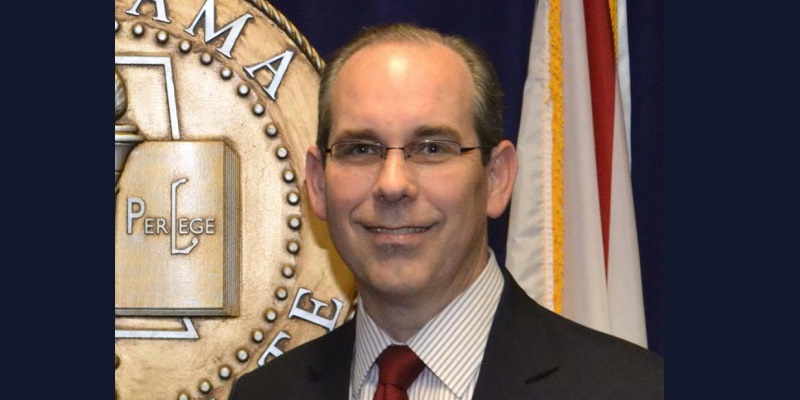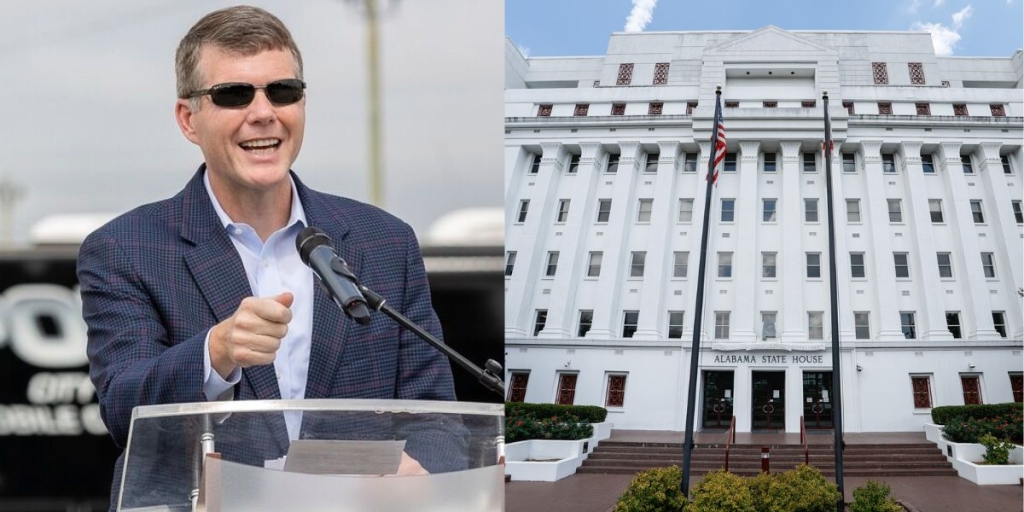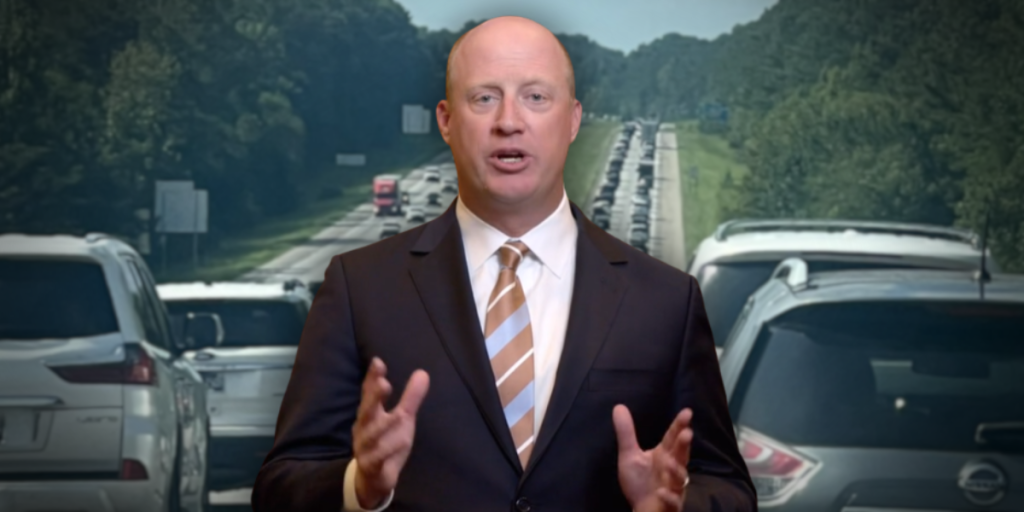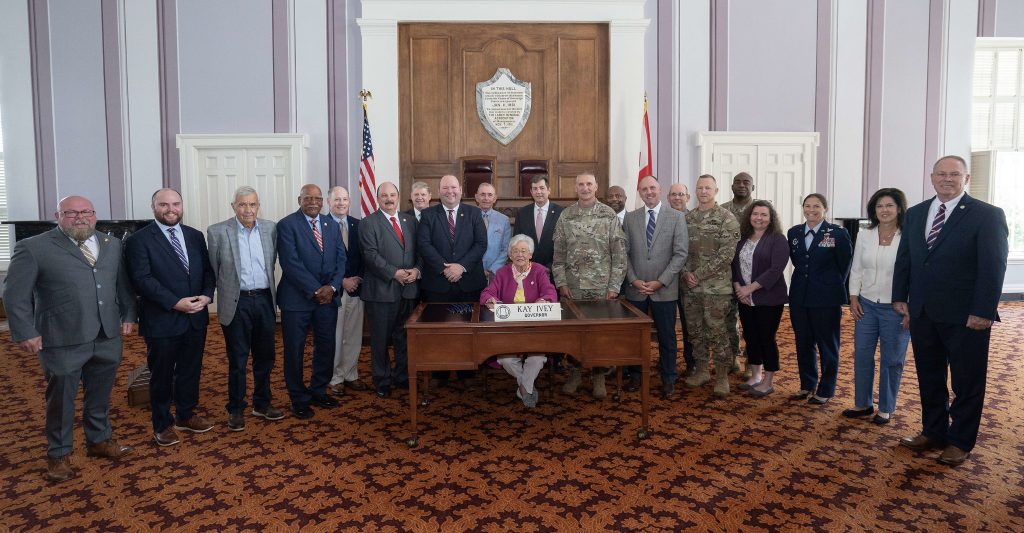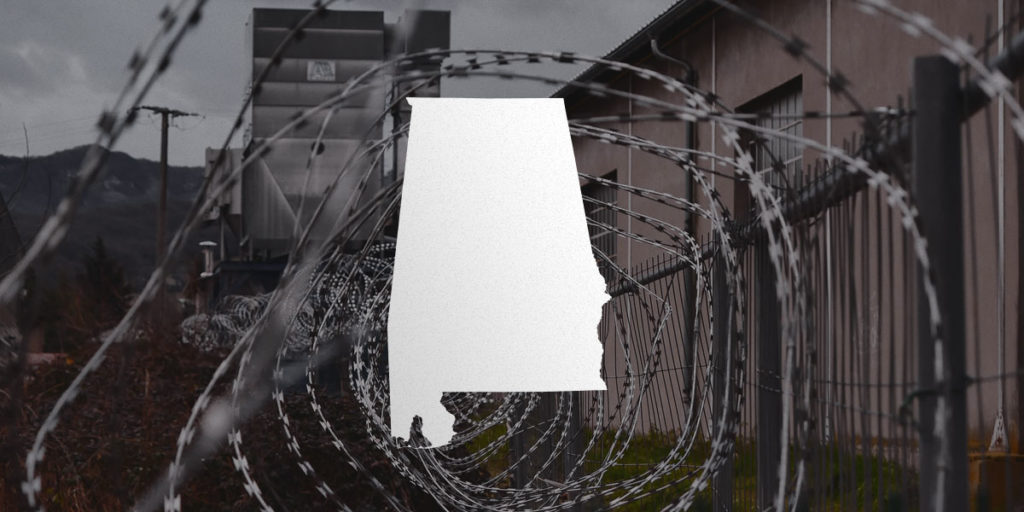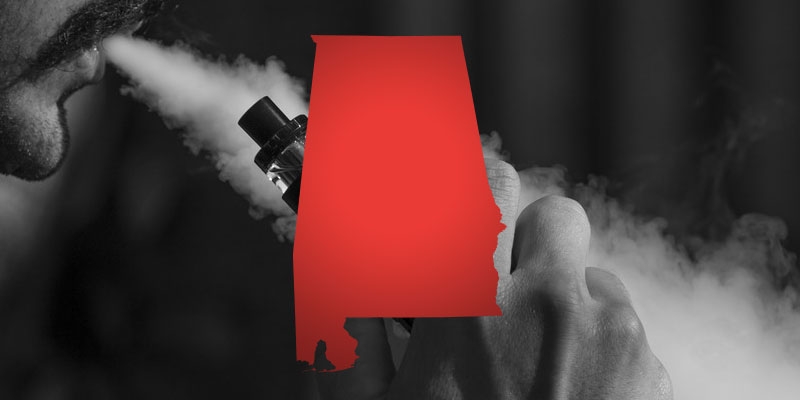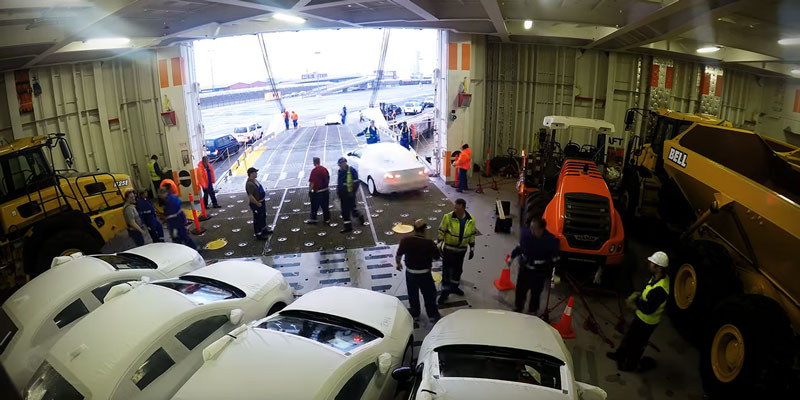In an appearance Thursday on Huntsville radio’s WVNN, Sen. Clyde Chambliss (R-Prattville), the member who is leading the effort on infrastructure legislation in the State Senate, explained some of the details of the proposal the legislature could be considering right out of the gate next week as lawmakers convene in Montgomery.
Reportedly, Gov. Kay Ivey will call a special session of the legislature to consider her infrastructure proposal, called “Rebuild Alabama,” the first week the body’s general session is scheduled to take place to ensure it is the immediate and sole focus of lawmakers.
Chambliss discussed some of the elements, including how future increases to the state’s fuel tax would occur and how using proceeds to finance the expansion of the Port of Mobile is allowable under the Alabama Constitution.
The Prattville lawmaker said future hikes would take place automatically based on construction costs as defined by a national construction index, but the increases will not be higher than a one-cent increase every two years.
“[I]t has a cap on it – every other year it would be addressed in a maximum of one penny every other year,” Chambliss said on “The Jeff Poor Show.” “If we look back over history from 1992 to the present, if we had done that same type thing using CPI or some of these other indexes, we would be looking at 14 cents over that — which averages out to be a half a penny over a year. It’s very reasonable. It’s in line with what we’ve seen in the past. It’s very reasonable. It’s in line with what we’ve seen in the past.”
Also, some have questioned the suggestion of using money raised from the gas tax for a needed expansion at the Port of Mobile, which Ivey highlighted in the unveiling of her proposal in Maplesville on Tuesday.
There have been questions if such a proposal would pass muster with the Alabama Constitution.
Chambliss told WVNN given marine fuel is taxed in the same way as fuel that is designated for cars and trucks that travel on the state’s roadways, the state’s waterways qualify for the tax revenue.
“I do believe it will be a part of it and here’s why it is constitutional: All of those boats that are on the waterway – they are paying fuel tax when they buy that fuel,” Chambliss explained. “So, why would you not be able to return some of that from where it came. Not all fuel is bought for on the road. Some of that is bought for the water.”
“So, I think the constitutional issue – I don’t see that that is really an issue” he added. “The Port of Mobile is very very valuable to our entire state. I’m told there’s a $25 billion impact all across our state through the Port of Mobile. Goods and services are in and out that are shipped all over our state. And very, very important to our state. That will be a component of the bill, and I think we’ll put that $10 million in there, and it will be a big help down the road for, you know, widening that ship channel so we can get the ships in from overseas hauling things in and out.”
As for why Ivey chose a 10-cent per gallon increase amount over an earlier reported 12-cent figure, Chambliss said it came from her having sought counsel from the various entities and lawmakers. He also explained why there was a sense of urgency from Ivey and the legislature to warrant using the special session mechanism for the proposal’s passage by the legislature.
“This is the governor’s top priority,” he said. “She’s put a lot of work into it. Pro Tem [Del] Marsh, Speaker [Mac] McCutcheon, [Rep.] Bill Poole in the House of Representatives and a lot of others. It’s very very important to our state. It’s something we’re really, really behind on. And I think going in and making sure we’ve focused on this and work the extra days and stay at it – not go too fast. Not go in and try to run over anybody or do anything like that — but just be very very consistent very methodical, get on the subject stay on the subject resolve the issue.”
Chambliss also noted the Alabama legislature’s role in the oversight capacity and vowed it was a responsibility the body would not take lightly. He explained how his legislation on oversight would be considered simultaneously as the House is considering the actual fuel tax increase.
“I have a bill I will be introducing – I’ve actually already pre-filed the bill,” he said. “I’ll be starting it in the Senate, and it is a reorganization of our joint transportation committee. It is an accountability bill not only for [Department of Transportation] but more importantly for our legislators. We have a committee, and if you’re going to be on that committee, you need to attend meetings you need to do your job. And the way I have it written right now if you miss two out of the four meetings throughout the year you have forfeited your position on the committee. We need people who are going to be there and be involved.”
“In the legislature, our role is for appropriation and oversight” Chambliss added. “And we have to make sure this money is spent number one legally but also efficiently effectively and that’s an important role for the legislature. And that’s what we’ll be doing with the bill we’ll be debating while they’re debating the gas tax in the House, we’ll be debating the joint transportation committee bill in the Senate. And hopefully, we’ll swap those after they pass in the House and we pass in the Senate. And I will continue the gas tax bill in the Senate and Representative Poole will continue the joint transportation committee bill in the House.”
@Jeff_Poor is a graduate of Auburn University, the editor of Breitbart TV and host of “The Jeff Poor Show” from 2-5 p.m. on WVNN in Huntsville.




